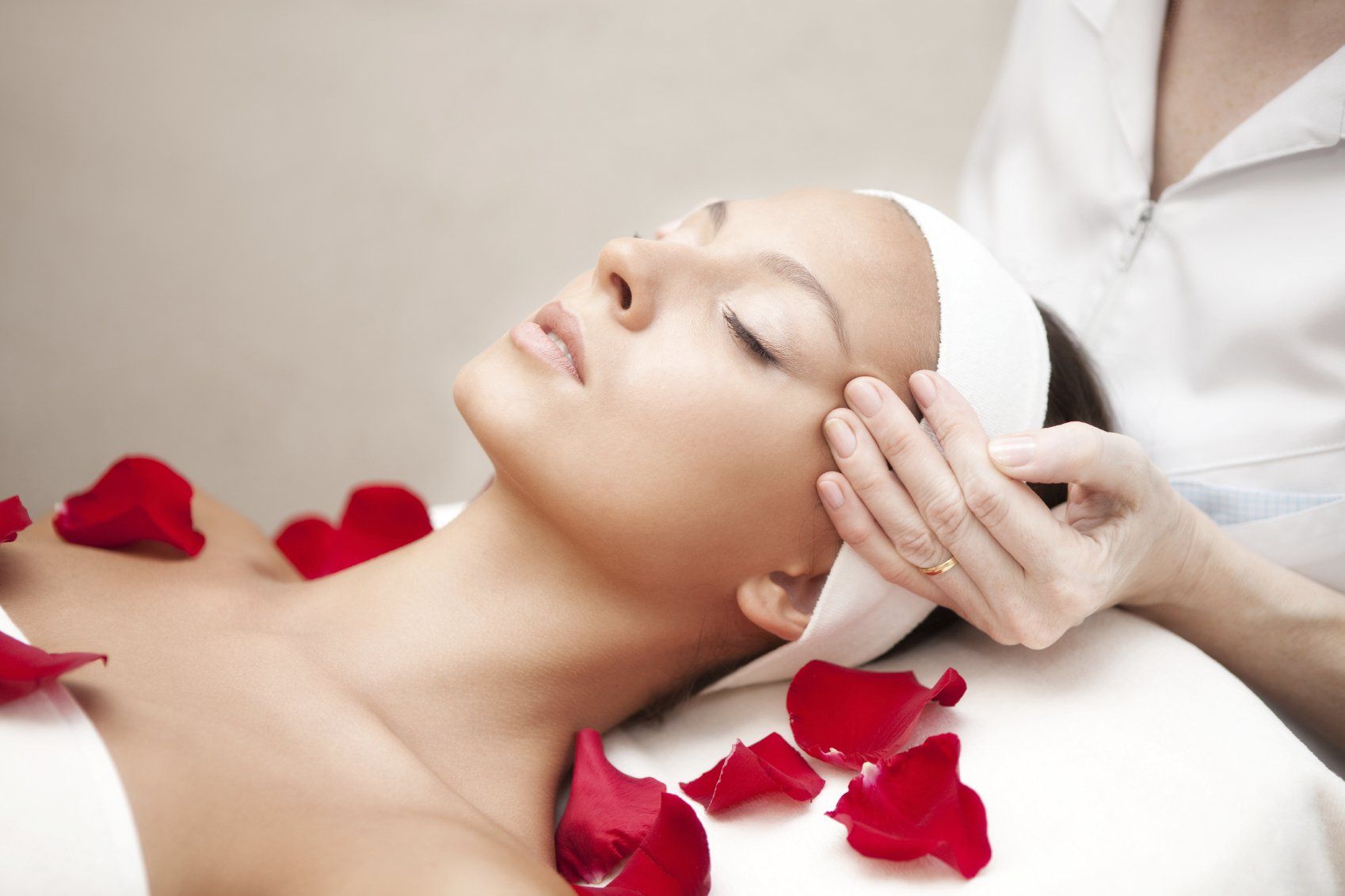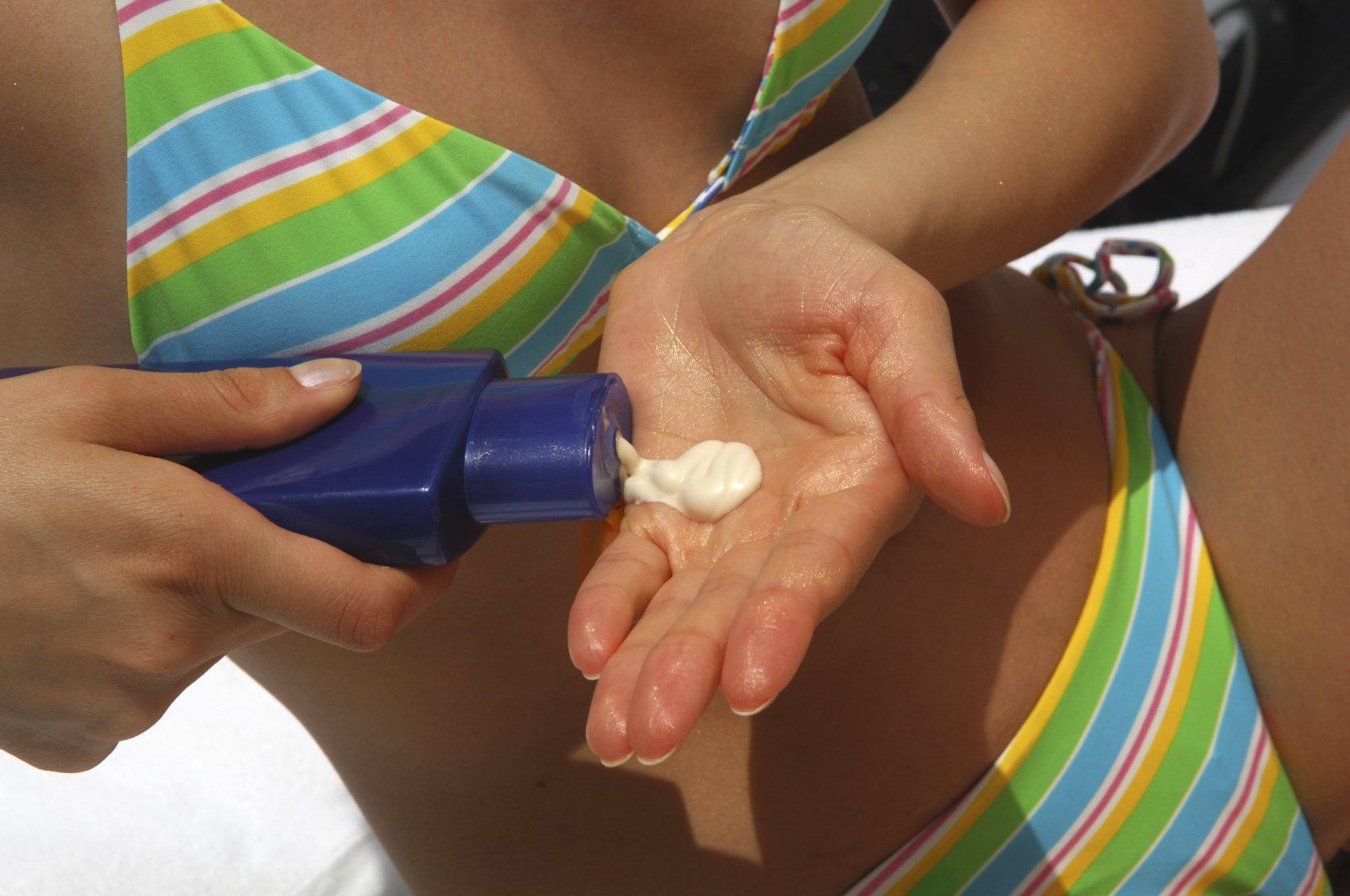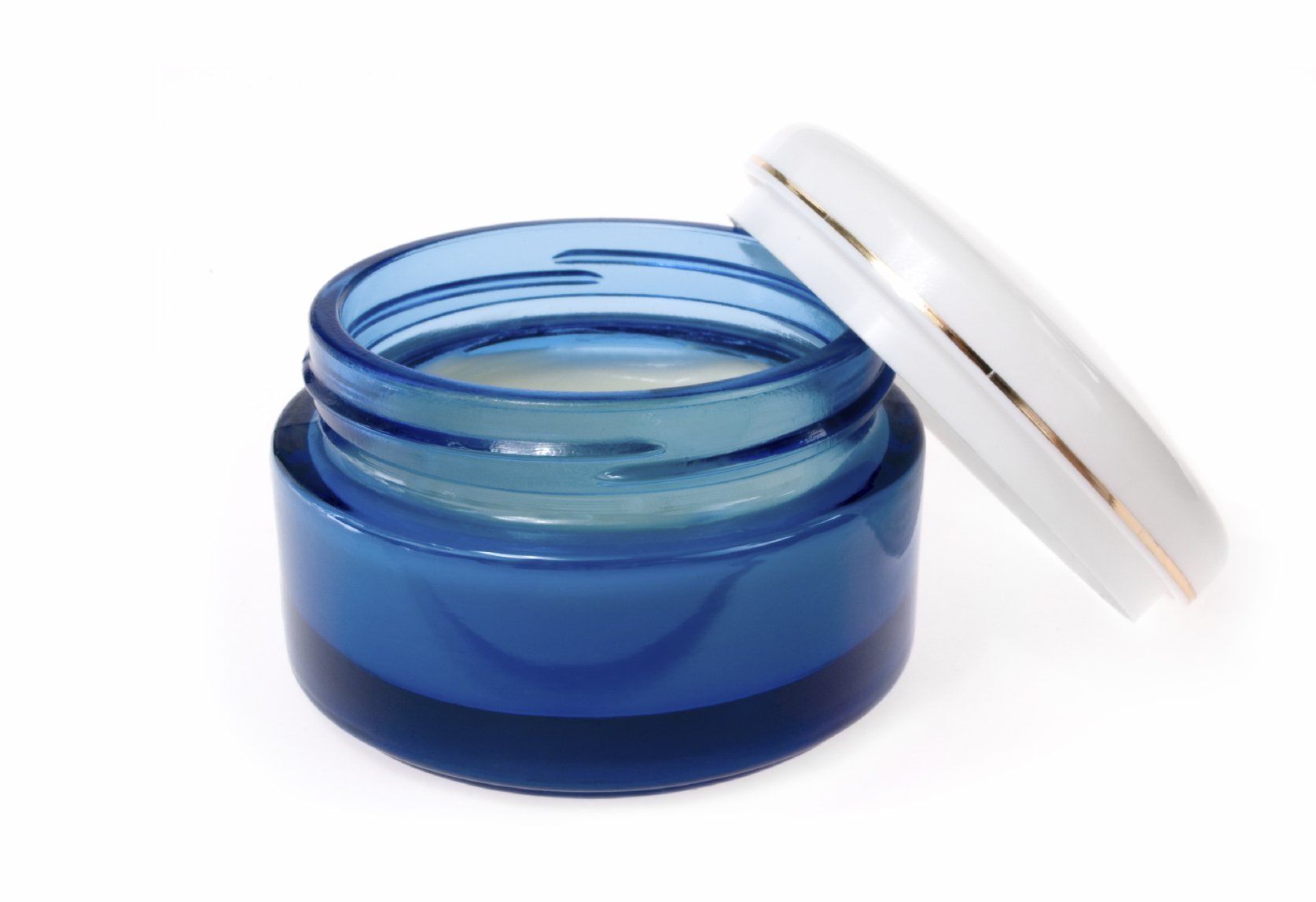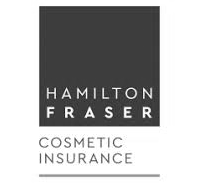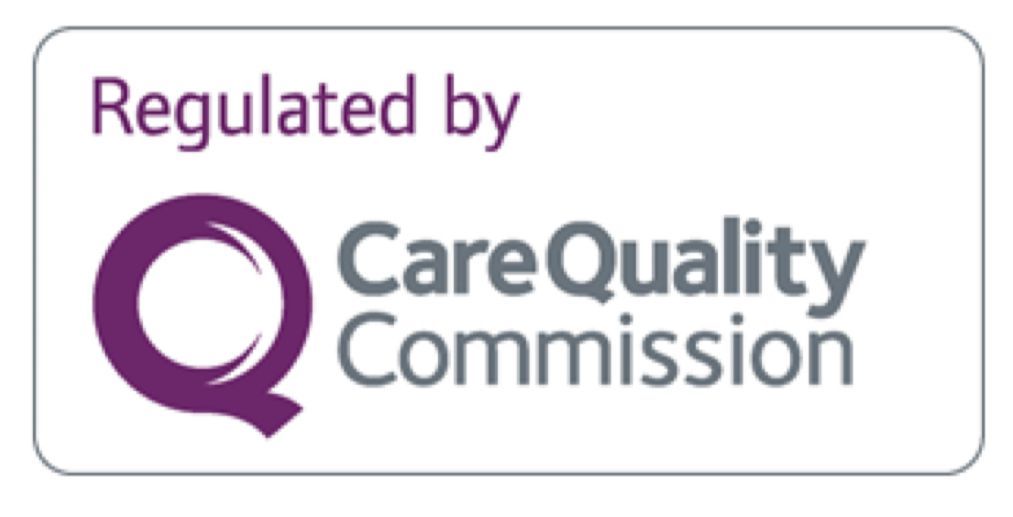What is hyperpigmentation?
What is hyperpigmentation and how can it be resolved?
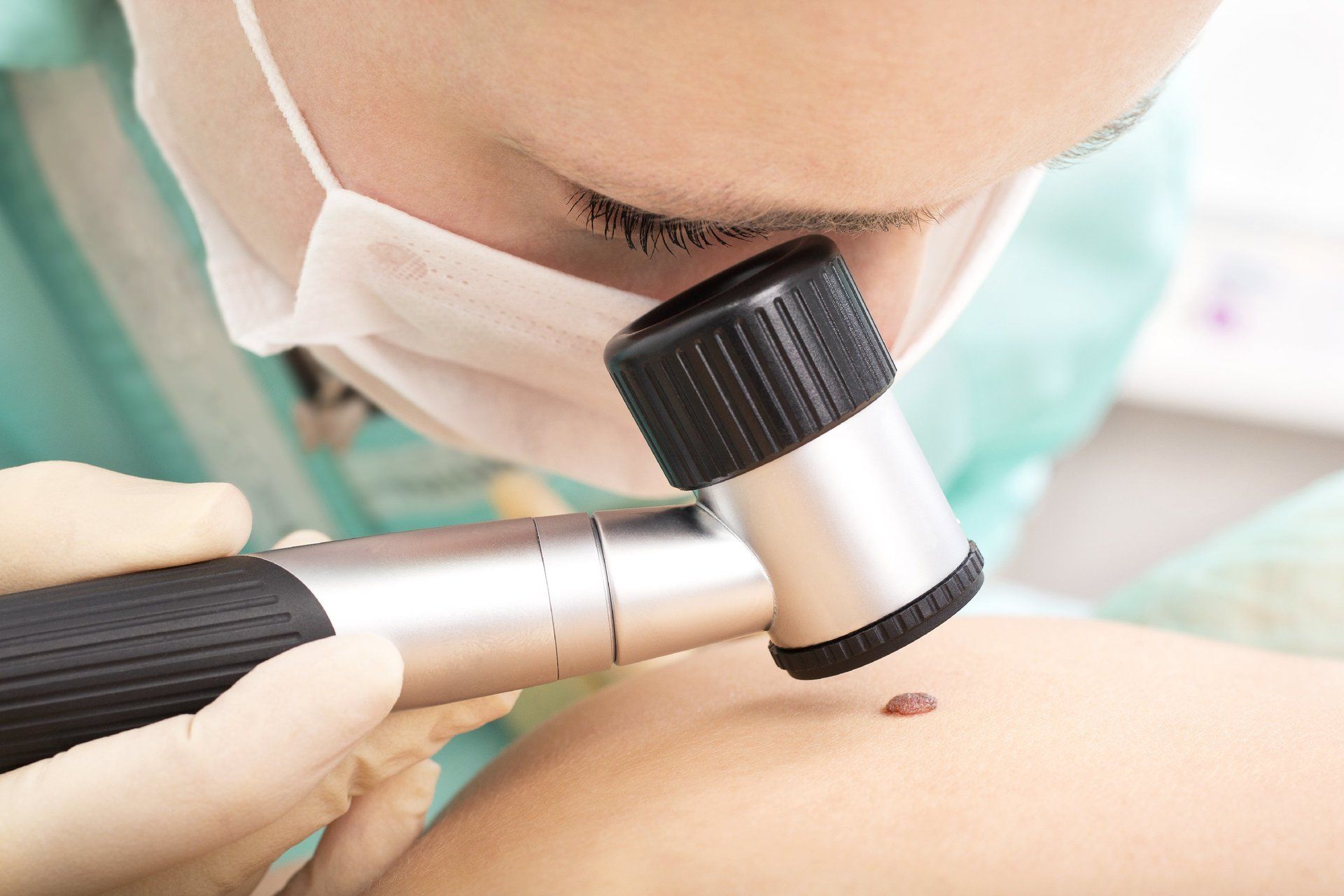
Hyperpigmentation is a common skin condition in which irregular patches of skin become darker than the surrounding area. It can affect all skin types, at any age and these darker areas are the result of excess melanin production, which can be caused by everything from acne scars to sun damage. Whilst not typically harmful, hyperpigmentation is one of the biggest skin concerns as it gives the skin an uneven, dull appearance.
What is Hyperpigmentation?
Hyperpigmentation is an umbrella term that covers the visible overproduction of melanin. The top three cosmetic issues that we see in clinic are melasma, post-acne marks and sunspots (or solar lentigines).
Melasma is distinctive in appearance, due to its map-like shape, with patches of grey or brown pigmentation seen on the forehead, cheekbones and upper lip. It’s strongly influenced by genetics and can be triggered by hormonal changes and UV and Visible Light exposure.
Post-acne marks are the red or brown dark marks left behind after a breakout heals or any dubious skin picking! Post-inflammatory hyperpigmentation will typically fade slowly even without any intervention but a comprehensive pigmentation strategy will hugely accelerate the results.
Sunspots are fixed, flat round brown marks often found on any area that’s been exposed to the sun, such as the face and hands. Sunspots are often larger than freckles and are more permanent than freckles too, in the sense that sunspots don’t change much in appearance with the season.
How to treat hyperpigmentation
Hyperpigmentation is the biggest stealer of radiance as it causes a discoloured and uneven skin tone. Thankfully, although tackling stubborn hyperpigmentation can take time and patience, it’s one of the easiest beauty fundamentals to improve. Here are the top behaviours and practices that really move the needle in helping you to reclaim bright, clear skin.
1. Know what you’re treating
There are several factors that can cause and exacerbate pigmentation so knowing what type of pigmentation you have is crucial to treating it effectively. The three most
common forms are melasma, post-inflammatory hyperpigmentation and sunspots but there are more unusual conditions that can look similar but require very different treatment. If we were in any doubt we would refer you to a dermatologist. a dermatologist.
2. Sun Protection is a must
It won’t come as a surprise that the sun’s UV rays can worsen hyperpigmentation. UVA rays penetrate deeply into the dermis so it’s crucial to use a broad spectrum (UVA and UVB) sunscreen every day of the year. High-energy blue light is also problematic and seems to produce darker and more persistent pigmentation in those with darker skin or in those suffering from melasma.
3. Antioxidants are essential
Free radicals from pollution, UV and cigarette smoking can all trigger pigmentation. One of the best ways to neutralise that effect is by incorporating antioxidants ingredients into your skincare routine.
Vitamin C is the most commonly used antioxidant, which helps to suppress pigmentation. It works by reducing the activity of tyrosinase, the enzyme responsible for synthesising melanin and, hence, less pigment is produced.
Building a well-structured routine to prevent future hyperpigmentation should contain sunscreen and antioxidants.
4. Reduce Melanin Production
Melanocytes are the cells that produce melanin and pass it into our skin cells - the keratinocytes. The most effective way of suppressing melanocyte function is to target an enzyme called tyrosinase.
The gold standard is topical hydroquinone, which we use on prescription in the clinic at a 4% strength. We would always recommend that this is done under the supervision of a medically qualified aesthetic practitioner because there is quite a lot of nuance to how it’s prescribed in order to be used correctly and safely.
For at-home use, one of the best alternatives is azelaic acid, which is also one of our favourite ingredients. Azelaic acid can also be used when pregnant or breastfeeding, both of which are times when hormones can drive pigmentation to worsen. It can even be used when other issues co-exist such as acne or rosacea.
5. Step-Up Your Exfoliation
For existing hyperpigmentation, regular exfoliation will help remove dead skin cells allowing pigmentation to fade and lessen in appearance. The two categories of ingredients that will stimulate this process most effectively are alpha-hydroxy acids, such as glycolic acid or lactic acid and retinoids, both of which will encourage the elimination of keratinocytes from the stratum corneum. Not only will exfoliation fade surface pigmentation, but it will also boost the overall luminosity and glow to your skin.
With chemical exfoliants, it’s crucial not to over-exfoliate as it can damage your protective skin barrier and trigger more melanin if you use a product that is too strong. As with everything, slow and steady wins the race.
6. Don't make matters worse
If you pick or scratch your pimples you’re going to create a lot more pigmentation than if you just let it be!
7. Consider oral supplementation for an inside-out approach
Skincare supplements are often a grey area but there are promising clinical studies that some ingredients can help improve hyperpigmentation.
We can recommend Advanced Nutrition Programme supplements, ideal for skin health.
FINAL THOUGHTS
A multi-tasking approach always works best when treating hyperpigmentation, especially with carefully chosen products and ingredients. It can be challenging to put everything together yourself so let us help you create the correct regimen bespoke for you.
Wishing you all bright, clear skin! Get in contact if you're looking to eradicate that pigmentation!


